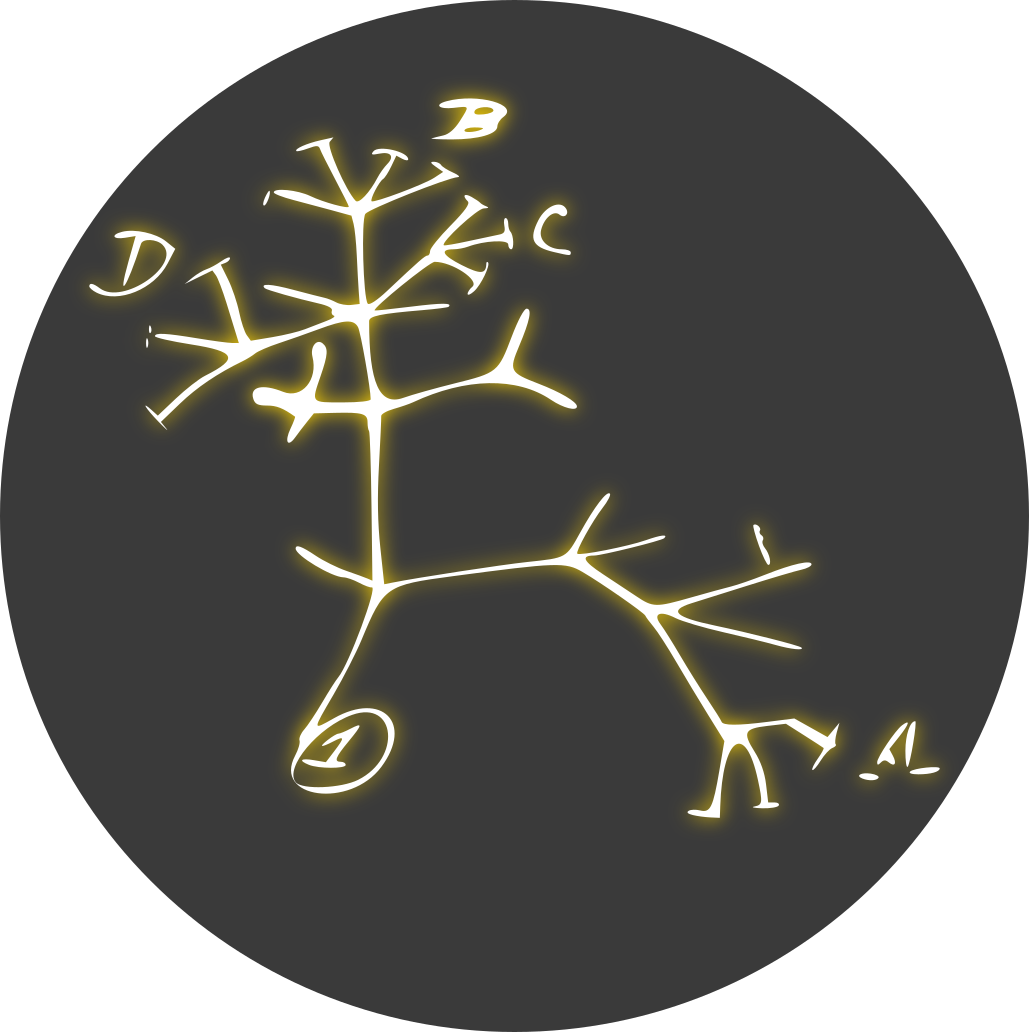Salamander
- 79 Posts
- 341 Comments
I have experienced issues both over tor and over clearnet. The tor front-end exists on its own server, but it connects to the mander server. So, the server that hosts the front-end via Tor will see the exit node connecting to it, and then the mander server gets the requests via that Tor server. Ultimately some bandwidth is used for both servers because the data travels from mander, to the tor front-end, and then to the exit node. There is also another server that hosts and serves the images.
What I see is not a bandwidth problem, though. It seems like the database queries are the bottleneck. There is a limited number of connections to the database, and some of the queries are complex and use a lot of CPU. It is the intense searching through the database what appears to throttle the website.

 5·2 months ago
5·2 months agoBy hand. We are only two people, and we usually clean after we cook/eat. When one is cleaning only 2 plates + a pot/pan at a time, it is easy to use little water. Spray of soap, metal scrub, sponge scrub, and then turn the tap on to rinse for a few seconds. Utensils get individually scrubbed and then all rinsed together for a few seconds.
Maybe when we have kids a dish washer will make sense.
AGUCUAGCAUAC

 3·2 months ago
3·2 months agoI have been happy with my Garmin. It is functional without having to connect to anything, and data can be easily exported to a computer for more advanced processing. It is a handy GPS receiver that lets me monitor heart rate and log running metrics.
 1·2 months ago
1·2 months agoThat’s good! There’s some hope that this won’t last forever then. Thanks.
And it’s interesting that the challenge via old.lemmy.ca was so impactful. The first wave of bots that I noticed also came through an Mlmym front-end that I make accessible via tor. But lately they have been hitting directly via the regular front-end.

 1·2 months ago
1·2 months agoThanks! The problem I run into is that the bags end up taking up a lot more space than the components themselves. Yesterday I started testing printing a small label with the component’s code and sticking it into the reel.

 1·2 months ago
1·2 months agoOoh, I like that idea for the larger components that don’t fit into the smaller binder. I bought some trading card sheets to test. Thanks :D
 1·2 months ago
1·2 months agoDid this spike for you these past weeks? I’m not sure if it just happens to be our instance’s turn or if they have up-scaled their efforts. I have been playing wack-a-mole with IP ranges.

 2·2 months ago
2·2 months agoI do have a wall with similar boxes. From the image, I am not sure if they are the same size. I just measured one of my small drawers and it is 14 cm x 5.5 cm x 5 cm. Since I have many different tiny components, I quickly ran out of space when I tried to give each component its own drawer.
But I think that I might be able to do a better job with these if I take everything out and start organizing again. I set the rules for how to place things before I started buying SMD components, and many of the through-hole components I can combine without problem. An improvement would be if I can find something like this but with many more and much smaller boxes.

 1·2 months ago
1·2 months agoWhen you mix different components into one of the boxes, do you have a system to label them? Or are the components easy enough to recognize by looking at them?
This morning I woke up and a new IP sub-net (43.173.0.0/16) was excessively hitting the site from multiple IPs, probably scraping, making the site unresponsive. I blocked that sub-net and the site is responsive again.
Thank you.
A few days ago, I blocked several IP ranges to solve this. I unblocked them about two days ago in an attempt to solve some federation issues… The bots from this IP range came back.
This time I blocked only the IP range that has the most bot-like activity. Hopefully that resolves it.

 4·3 months ago
4·3 months agoWoah! Congratulations!!! 🥳 🎉

 3·3 months ago
3·3 months agoFor mander.xyz it has been bot scrapers. That time that you are mentioning it was scraping via the onion front end that I am hosting for easier access over Tor. Yesterday an army of bots scraping via Alibaba cloud servers made the server unusable for a few minutes. The instance would receive a bunch of requests from the same IP range (47.79.0.0/16), and denying that full IP range fixed the problem.
Some instances implement anti-bot measures. For example, https://sopuli.xyz/ makes use of Anubis. I think that instances behind Cloudfare get some protection too. I am considering using Anubis for mander.xyz, but for now I have just been dealing with this manually as it does not happen too often.
No problem! Happy to contribute
No, I always yesice
Three kids in a trenchcoat
Thanks!
I don’t see those specific IPs, nor 16514. But now I see what scrapers tend to look like in the logs :)
I am now pretty sure that the cause was scraper-like activity coming from the Mlmym front-end that I am serving over an onion site. I am not sure if it randomly started mis-behaving or if a tor scraper was using it.
After blocking this, federation was restored, performance increased, and CPU use came down:


















Thanks :)